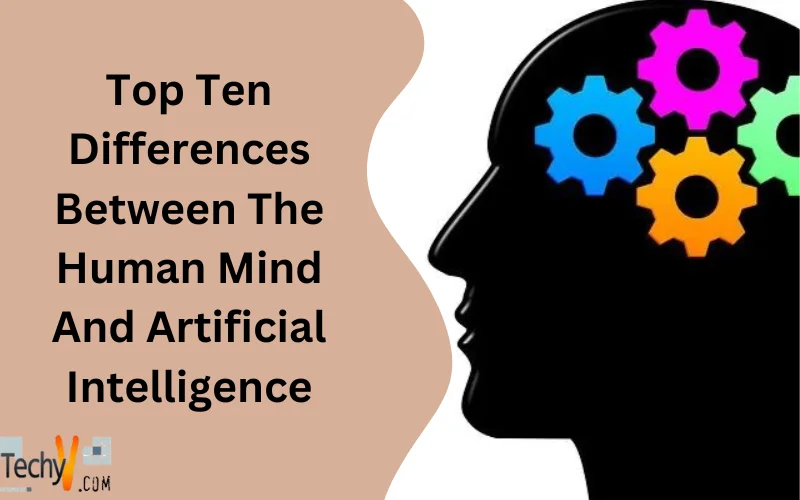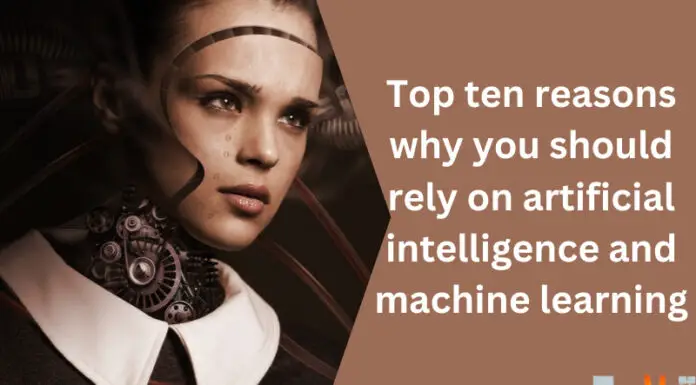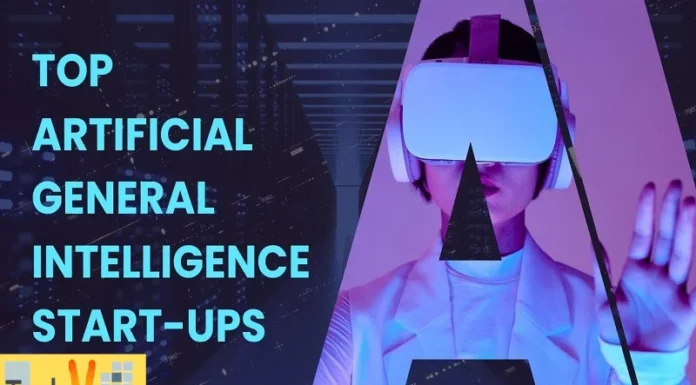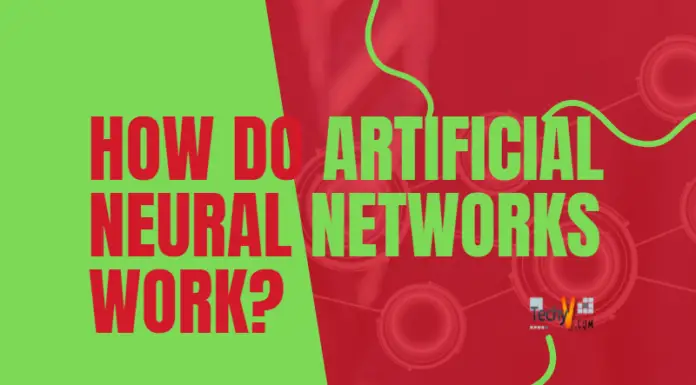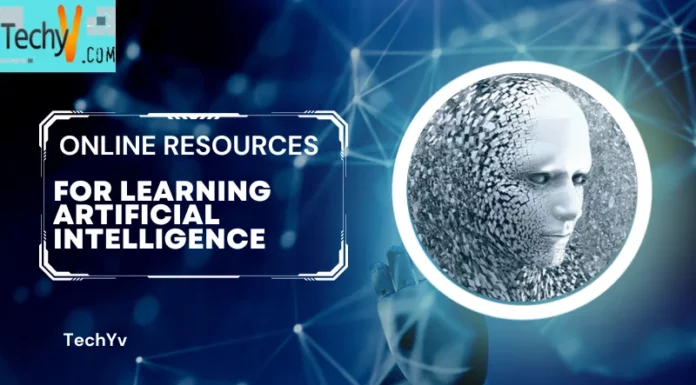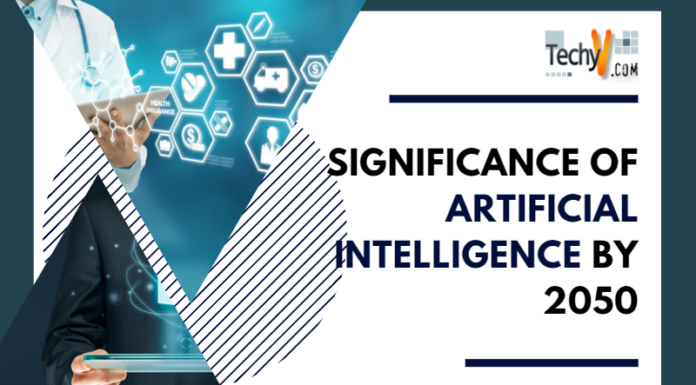Now, the world has come across the new term artificial intelligence; This is not new in information technology. Before 2000, AI made its debut. But it is now trending because AI is now open for all, tech or non-tech people. Everyone who has internet access is now able to use AI on their device. As a definition, AI refers to the simulation of human intelligence in machines programmed to think like humans in a better way even though they are created to feel like us, they still have fundamental differences in their capabilities. Here are the top ten fundamental differences between Artificial intelligence and human intelligence
1. Emotions
AI cannot human feelings and experiences. It is not capable of feeling. It just understands emotional data. Because of this, AI cannot wholly relate to human emotions. Humans are emotionally intelligent by nature. We have a direct emotional experience. Increases our understanding of the complexity of emotions and our capacity for sympathetic emotional connection with others.

2. Creativity
AI lacks the ability to understand human understanding and feelings. It generates only according to patterns of information that it recognizes. The excitement and passion that fuel human creation are not sensed by AI. AI is constrained by its data and programming. Beyond what it has learned, it is incapable of thinking. Human imagination is what allows us to come up with new ideas which are connected to our previous events.

3. Intuition
Data and statistics are used in support of AI intuition. It is incapable of seeing patterns and drawing connections based on experience in the same way that humans do. Emotions, impulses, and unconscious patterns developed throughout a lifetime give rise to human intuition. It enables us to draw results without all the information being provided and to arrive at snap decisions.
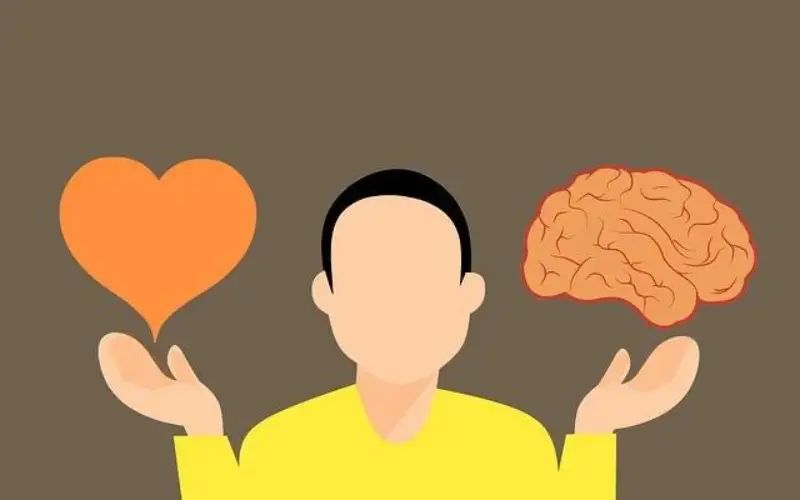
4. Speed
More quickly than humans, AI systems can process data and carry out calculations. AI can solve issues and make decisions efficiently because of artificially intelligent algorithms and advanced models compared to artificial intelligence (AI), the human brain processes at a slower speed. Humans cannot match the speed of AI when handling vast quantities of data or complex calculations.

5. Memory
Thanks to the AI memory that serves as its core, AI has the unique capacity to store data. Facts and information remain held all over development and training so that AI can recollect them at any moment. Humans, in comparison, are not capable of storing as much data. We depend on remembering interactions, events, and the knowledge we gained over time because our minds can only retain a limited number of things.

6. Adaptability
The adaptability of AI and human brains is different. Because AI is based on algorithms and pre-established rules, it is less adaptable to changing conditions. Humans, on the other hand, can quickly pick up new information and adapt to it because of the neuronal plasticity in our brains. Humans can form memories, acquire new knowledge, and refine skills, allowing us to adapt to changing circumstances more effectively.
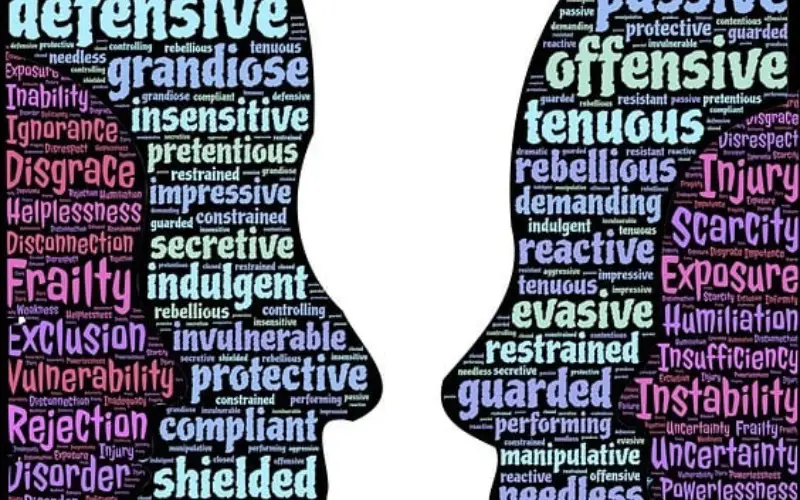
7. Reasoning
The reasoning is different between the human mind and AI. AI uses computation and information to make conclusions and find solutions. It lacks human insight and creativity but can quickly absorb vast data. On the other hand, human intelligence relies on emotions, feelings, and life experiences to reason. Humans are better than AI at thinking out loud, situational adaptation, and making relationships.
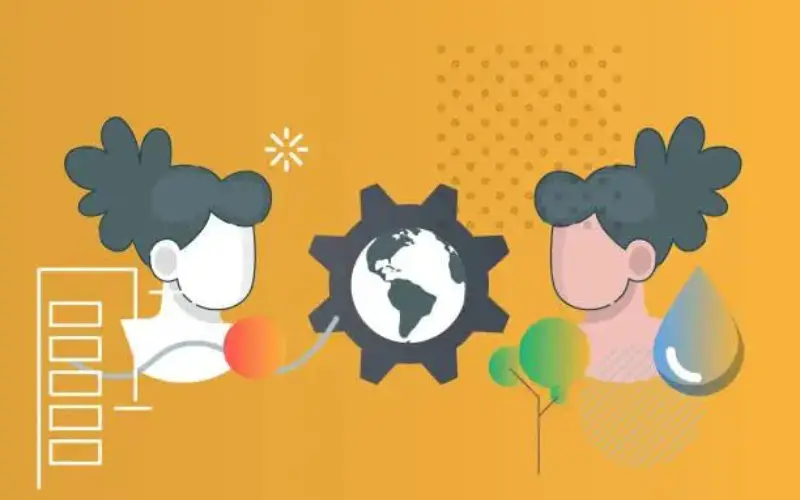
8. Ethics
As a result, of a lack of awareness and personal experiences, AI is morally different from human intelligence. Making decisions based on information and patterns, it adheres to established norms and algorithms. Human intelligence, on the other hand, includes feelings, empathy, and moral judgment, enabling greater awareness of ethical issues. Humans can take responsibility for context, repercussions, and personal beliefs, but AI is limited by pre-programmed rules and cannot fully understand sensitive ethical factors.

9. Common Sense
AI and human intelligence differ in terms of common sense. AI lacks the fundamental insight people have and instead depends on data and data-driven algorithms to make conclusions. On the other hand, human ability is founded on experience, intuition, and reasoning, which enables us to use common sense in a variety of contexts. While AI is capable of processing vast amounts of data fast, it frequently has trouble performing complex or aware-of-context activities that people can complete with ease.
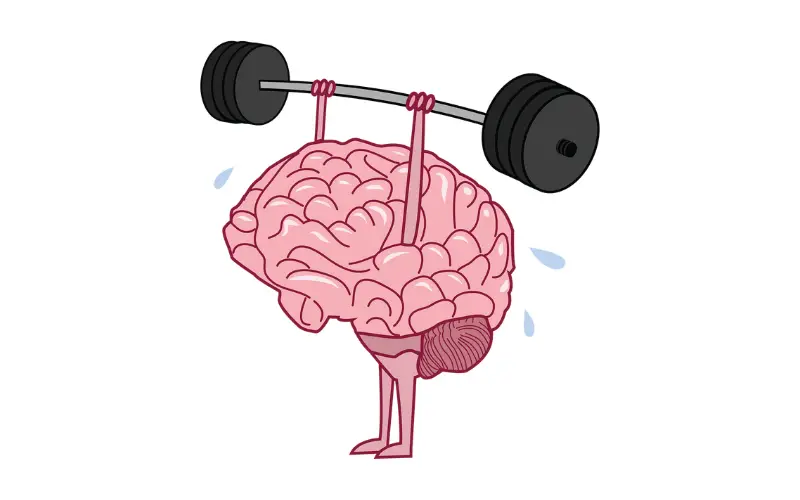
10. Language
In terms of language processing, AI and human intelligence diverge. Humans have a richer awareness of context, emotion, and cultural variations in language than AI, which uses algorithms to assess and create words. Like humans, AI cannot understand or join meaningful conversations.




